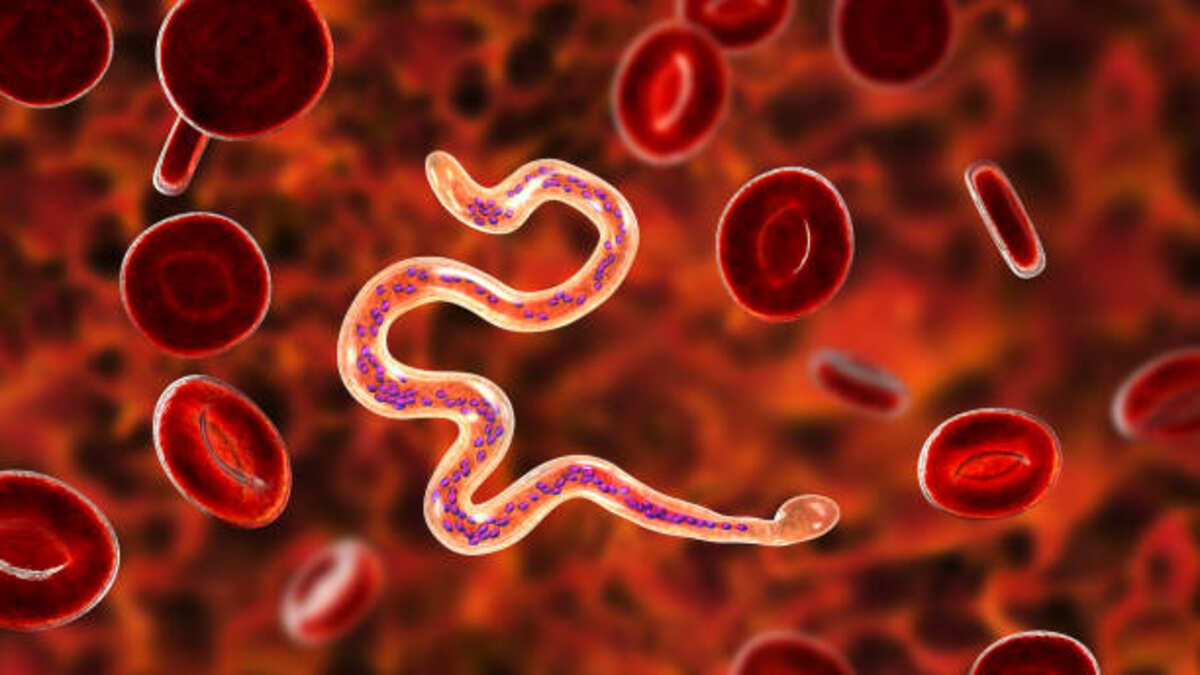Elephantiasis is a disease caused by a parasite on the lymphatic system. It affects millions of low-income people in tropical regions. Infected mosquitoes spread it. Although it is impossible to contract the disease in Australia, people who travel to these countries are exposed to it and contribute to the spread of the disease.
Table of Contents
Erysipelas infection
Recurrent erysipelas in elephantiasis is uncommon but has been reported. The condition is characterized by the gross enlargement of various body parts. Obstruction of the lymph vessels causes this condition. Lymph is a fluid that travels through the body, filtering out foreign bodies and microorganisms. The lymphatic system includes the tonsils and spleen.
Patients with erysipelas can be treated with oral antibiotics. However, patients with compromised immune systems or severe skin trauma should be admitted for closer monitoring. Long-term antibiotic treatment may be necessary in severe cases to cure the condition.
Obesity
Elephantiasis is a condition in which the body’s lymph vessels become engorged and swollen. It is a common condition in morbidly obese patients but is rarely seen in the general population. The condition is usually caused by an obstruction in the lymphatic vessels, which may be caused by an injury, infection, or radiation therapy. The best treatment is often a combination of medical management and physiotherapy.
Surgical intervention is often not an option for morbidly obese patients, and conservative management of the condition is preferred. Treatment typically involves compression garments and lymphatic massage. However, morbid obesity and chronic lymphedema patients often do not respond to these treatments.
Sepsis
Elephantiasis is a disease characterized by gross enlargement of a part of the body. Most commonly, the condition affects the arms and legs, and the swelling can be several times the average size. In addition, the affected area may develop ulcers and hyperkeratosis, or dry skin. There may also be fever, chills, and malaise.
The symptoms are treatable, but only if caught in their early stages. If left untreated, the symptoms of elephantiasis can become severe and even fatal. In the early stages, the condition can be prevented by elevating the affected leg and keeping it clean.
Multiple organ failure
Multiple organ failure in elephantiasis is a potentially fatal condition. It is often the result of infection with the filarial worm, but a broader underlying medical condition may also cause it. This disease affects the skin and internal organs of the body and can interfere with daily activities.
The infection occurs after mosquitoes bite the patient and inject their larvae into the bloodstream. The larvae then grow and mature in the lymph system and live there for years. This results in the body developing swelling and thick skin. However, these infections can be prevented through proper skin hygiene and wound care. In men with LF, the infection can cause a condition called hydrocele and swelling of the scrotum.
Treatment
Elephantiasis treatment begins with an accurate diagnosis. This diagnosis requires a medical history and physical exam. Blood tests may also be necessary. The blood sample is examined for signs of parasites, and X-rays may be necessary to rule out other conditions causing symptoms. Once the condition has been confirmed, treatment may involve medicines and psychological support. People with elephantiasis often find it difficult to perform daily tasks. In addition, secondary infections are familiar with this disease.
Treatment can be a long-term, multifaceted process. The condition results from recurrent episodes of acute lymphangitis in an affected area that last for days, weeks, or months. Each episode results in swelling that subside only partially. Over time, thickening becomes more pronounced, and the overlying epidermis becomes leathery and stretched. In severe cases, patients may develop papillomatous or verrucous skin lesions on the affected area.


